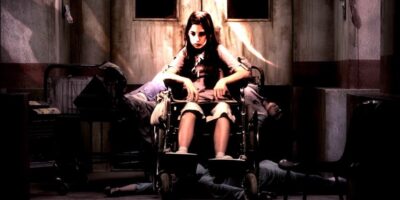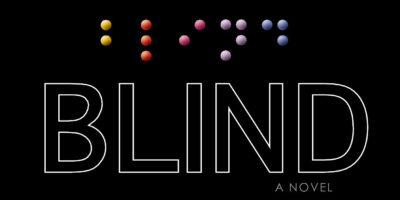-
Filter blog posts
Honor Roll titles
page 1 of 2
» older posts »
March 27, 2016
(Not) Engaging with Disability: Convenient Approaches in SFF
March 23, 2016
Discussion: Magical Disabilities
March 23, 2016
Review: Graceling and Bitterblue by Kristin Cashore
March 19, 2016
Overcompensating: Magical Erasure of Blindness in SFF
December 13, 2015
Review: Blindsided by Priscilla Cummings
December 13, 2015
When Blind Is Forever
December 12, 2015
Review: The Angel Tree by Daphne Benedis-Grab
December 11, 2015
Interview with Eric Lindstrom about Not If I See You First
December 11, 2015
Review: Not If I See You First by Eric Lindstrom
December 10, 2015
Review: Blind by Rachel DeWoskin
December 10, 2015
Review: Blind by Rachel DeWoskin
December 9, 2015
Review: Because You’ll Never Meet Me by Leah Thomas
December 8, 2015
A Semi-Constant Waiting Game
December 7, 2015
Review: She Is Not Invisible by Marcus Sedgwick
August 1, 2014
The Mystical Disability Trope
July 18, 2014
Discussion: Warning Flags and Turn-Offs
July 16, 2014
Interview with April Henry about Girl, Stolen
July 11, 2014
Discussion: If We Could Tell an Author One Thing …
June 6, 2014
The Beautiful Tragedy
January 10, 2014
Fitting in and Standing Out
November 22, 2013
But Sometimes, It Does Suck
October 11, 2013
What You See … And What You Don’t See
October 4, 2013
The Trope of Faking It
page 1 of 2
» older posts »


















